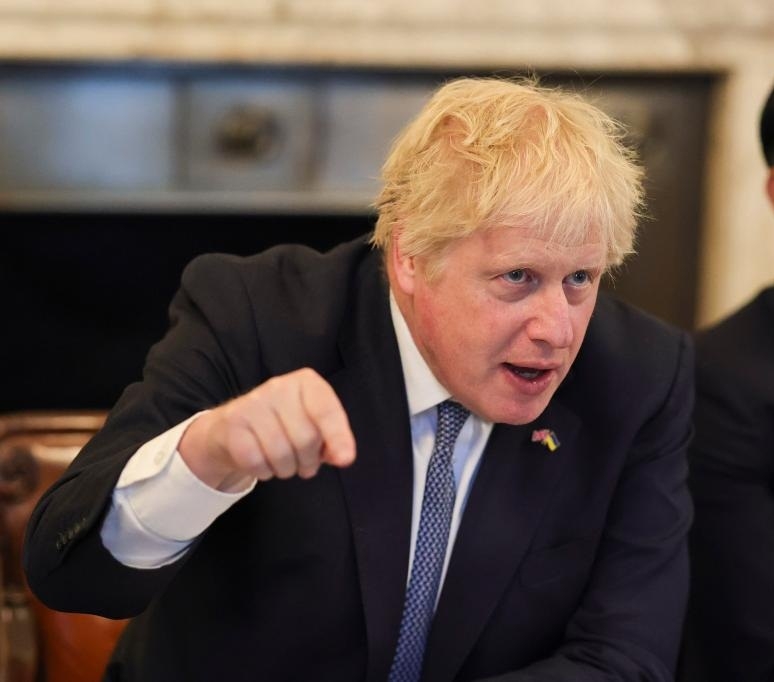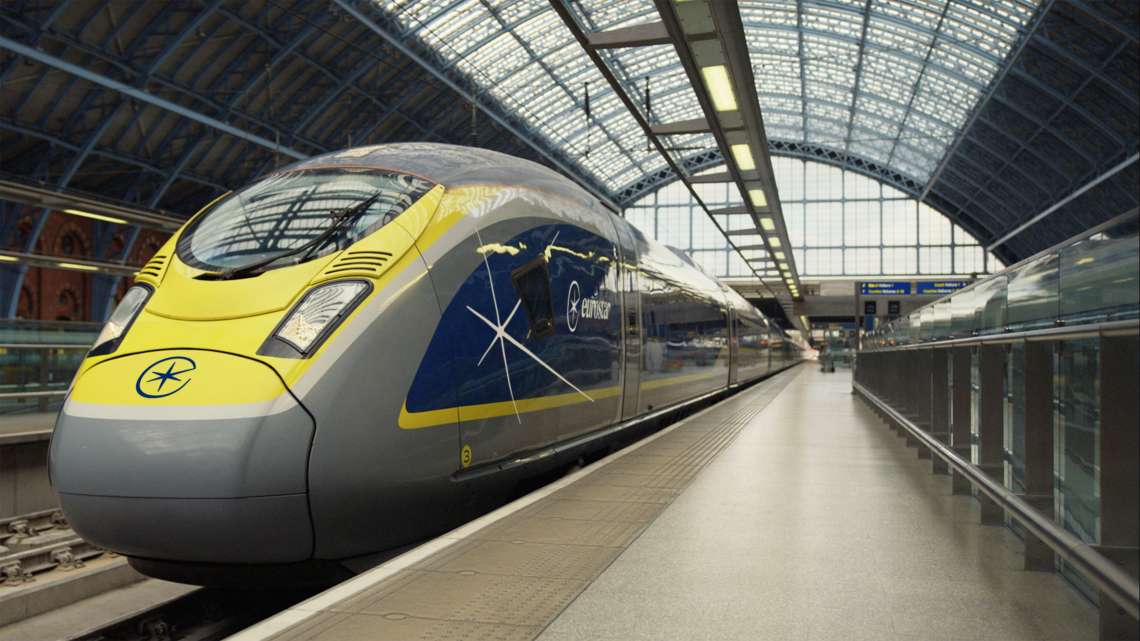ASLEF had accused the previous Conservative government of “sitting on its hands” and refusing to negotiate, prolonging the length of the strikes….reports Asian Lite News
Train drivers have voted overwhelmingly to accept a multi-year pay deal, ending a two-year dispute at 16 rail companies. Members of the train drivers’ union ASLEF voted by 96% in favour of the pay rise – worth 15% over three years.
The offer was made by the new Labour government within weeks of the party winning the general election. It ends what ASLEF has called the “longest train drivers’ strike” in recent history, during which members went on strike 18 times across the two years.
Meanwhile, the National Union of Rail, Maritime and Transport Workers (RMT) is also close to reaching a pay deal with the government. An RMT spokesperson said: “A pay proposal has been received regarding the train operating companies and Network Rail. These have both been put in a referendum to members which the NEC has recommended they accept.”
The Department for Transport has confirmed salaries can be raised by 4.75% in 2023/24 and 4.5% in 2024/25, while Network Rail can hike pay by 4.5% in 2024. Mick Whelan, ASLEF’s general secretary, said: “It is with great pleasure that we can announce the end of the longest train drivers’ strike in history.
“The strength and resilience and determination shown by train drivers to protect their hard-won and paid-for terms and conditions against the political piracy of an inept and destructive Tory government has prevailed.”
ASLEF had accused the previous Conservative government of “sitting on its hands” and refusing to negotiate, prolonging the length of the strikes. During the dispute, 13,000 drivers staged 18 separate days of walkouts as well as refusing to work non-contractual overtime at 16 companies operating across the country, causing mass disruption to passenger services.
Whelan said it was “not a fight we sought or wanted”, but after five years without a pay rise and “working for private companies who declared millions of pounds in profits and dividends to shareholders”, drivers needed a “dent in the cost of living”.
He thanked the new transport secretary Louise Haigh for “entering the room” and finding an “equitable way forward”, saying that now trains will run in the interest of the passenger and taxpayer.
A commuter stands at a closed platform during the morning rush hour as a fresh wave of rail strikes by train drivers begins, at Waterloo Station.
He also hit out at people “conflating” the recent bout of public sector pay rises with Labour’s decision to cut the winter fuel allowance for pensioners, saying they should “be ashamed”.
The government has used a £22bn “blackhole” in the nation’s finances to defend taking away the benefit from millions of elderly people – raising questions as to how it can afford to pay settlements for unions.
After taking office, Labour also offered junior doctors a pay rise worth an extra 22.3% over two years in a bid to end long-running strikes hampering the NHS.
Haigh acknowledged the economy’s shortcomings as she defended the offer to train drivers, saying the cost of not settling “would significantly outstrip the cost of this below-inflation deal”.
ALSO READ: Starmers’s Gray Quid Row














